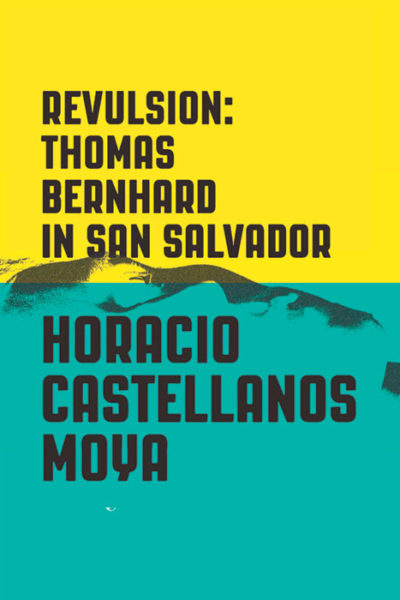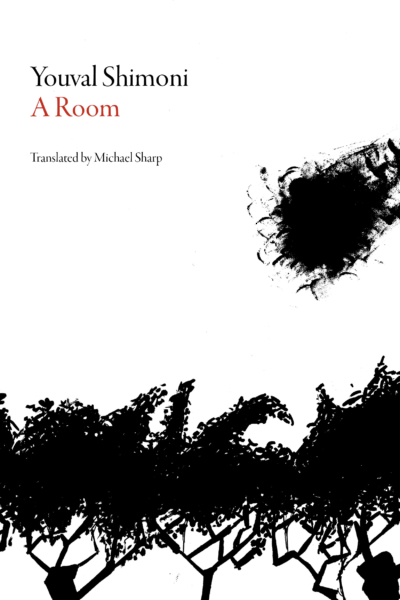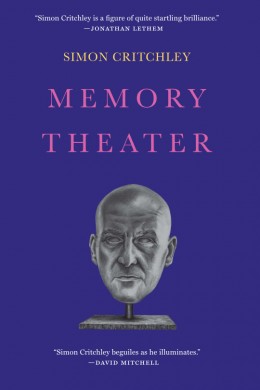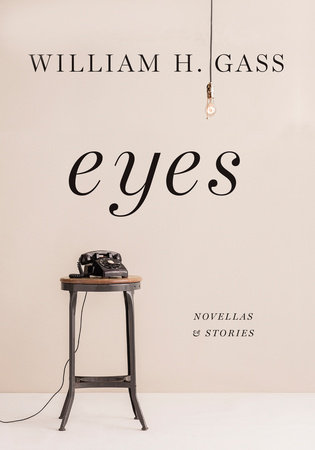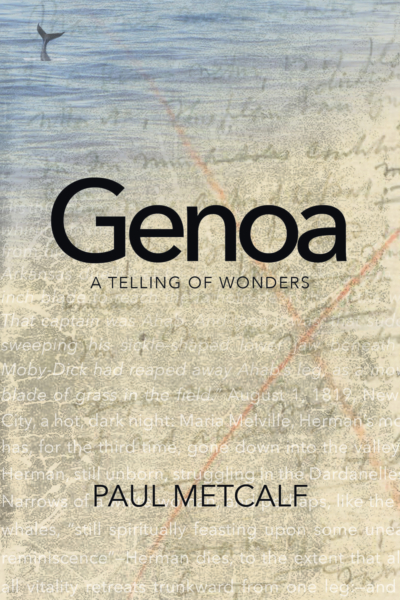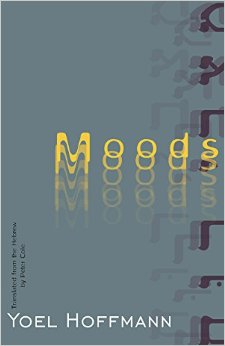It has been eleven months since I quit smoking cigarettes; eleven months and seven days. And I can honestly say I only think about smoking several times a day.
Revulsion: Thomas Bernhard in San Salvador – Horacio Castellanos Moya
The novel reveals as much about Bernhard’s style as it does about Salvadoran society.
As with all great works of literature, it is difficult to believe that so much can be contained by so relatively small a vessel. It is yet another reminder that while we live and breathe and read in a world bound by the laws of space and time, what lies within a book’s pages suffers limits of a different strain.
Memory Theater – Simon Critchley
For all his clarity in explaining philosophical concepts, Critchley is also adept at the use of ambiguity to create an aura of mystery that invites speculation long after the book is done.
Eyes: Novellas and Stories – William H. Gass
Taken together, these stories offer a sample of the methodologies and preoccupations that have defined Gass’s fiction, and the book could serve as a primer on the virtuosity of his language.
Metcalf has recreated that uniquely readerly revelation of finding in unrelated literature of all kinds resonances and echoes that inform one’s lived experience.
After the Tall Timber – Renata Adler
To anyone who reads it, either in its entirety or piecemeal, this book says, quite clearly: You have not been reading carefully enough.
If there is any form that this strange yet beautiful book nods to more than any other, it is the diary, and death is everywhere in its pages.
The Fall of Language in the Age of English – Minae Mizumura
The kids don’t read enough, but even if they do, they don’t read the good stuff.




